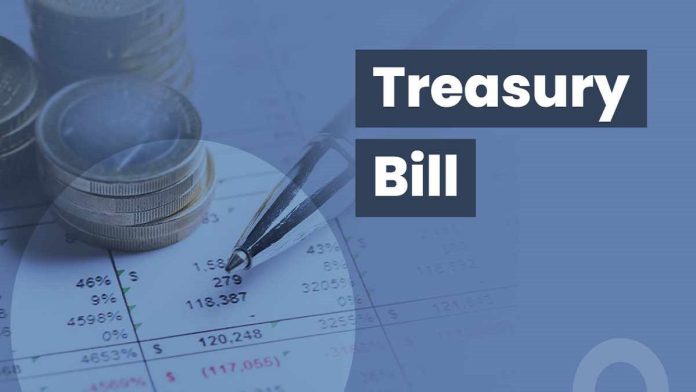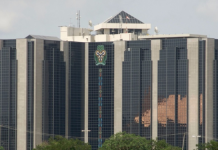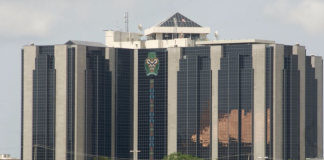The average yield on Nigerian Treasury bills declined to 25.2%, driven by increased investor interest in naira-denominated assets despite economic uncertainties. Inflationary pressures and exchange rate volatility have continued to influence investment strategies, creating a mixed outlook for fixed-income instruments.
The Treasury bills market experienced sustained bullish activity throughout the week, especially at the long end of the curve. Investors showed strong demand for bills maturing between November 2025 and January 2026, with notable interest in December 2025 and January 2026 instruments. Limited trading occurred at the short end of the curve, hampered by a wide bid-ask spread.
TrustBanc Financial Group Limited reported that the December 25 and January 8 bills were quoted at 21.80/21.40 and 21.70/21.30, respectively. Towards the week’s close, trading activity slowed as market participants adopted a selective approach.
The average yield in the Treasury bills market decreased by 1 basis point to 25.2%, according to Cordros Capital Limited. However, the OMO bills segment saw yield expansion, rising by 51 bps to 28.3% due to sell pressure in the secondary market.
Analysts expect further yield moderation in the Treasury bills secondary market as the DMO plans to conduct a primary auction this week. The agency is set to offer ₦237.08 billion worth of Treasury bills on Wednesday, which could influence market sentiment.














